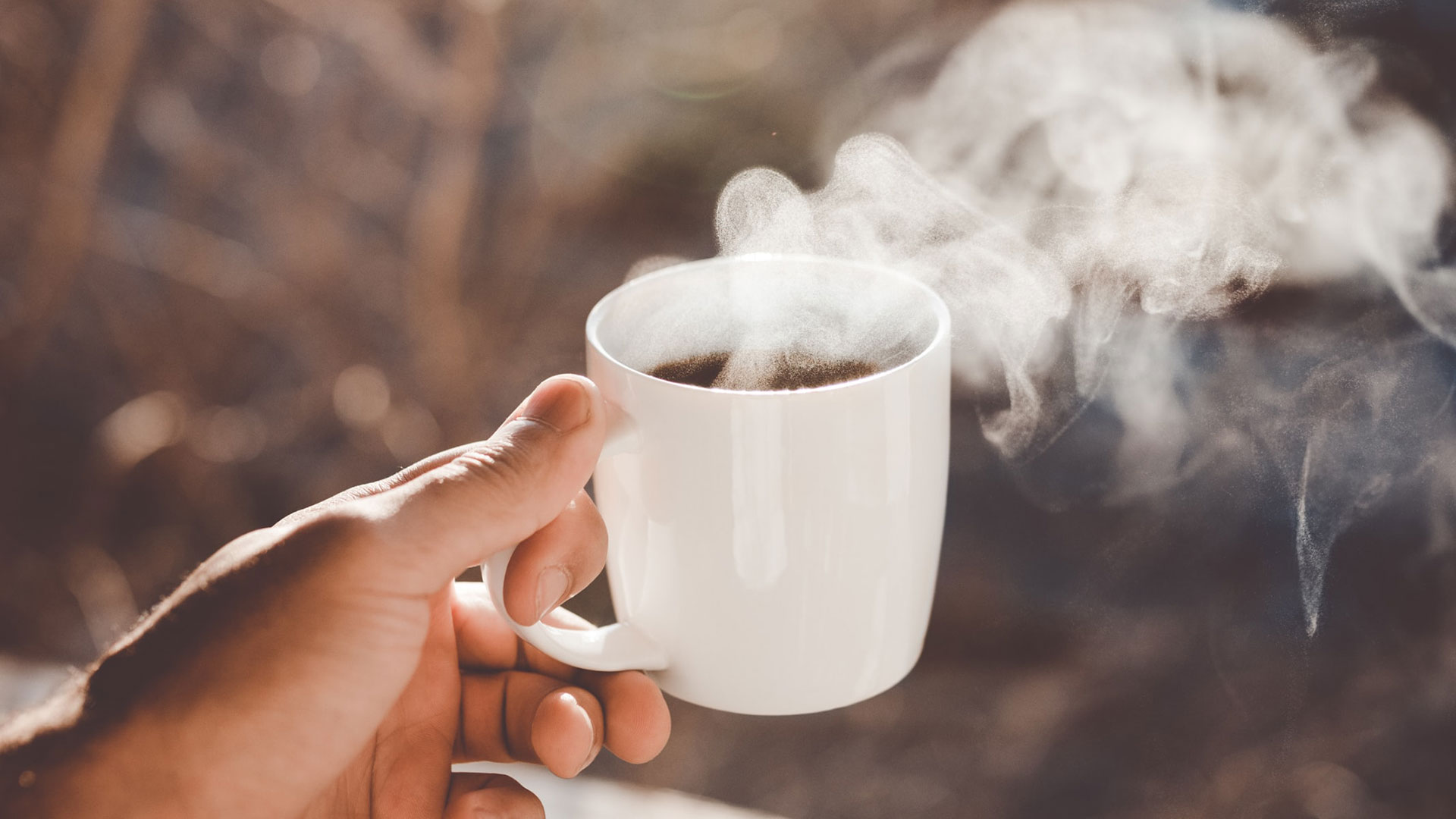5 steps to curbing your caffeine addiction this UK coffee week
An addiction specialist shares the easiest and healthiest way to cut down on your caffeine intake


It's UK coffee week! And while we at T3 absolutely appreciate the joy of a good cup of coffee, we also know that too much caffeine is not a great idea (just ask the guy in charge of testing for our best bean to cup coffee machine guide). Not only can it wreak havoc on your sleep patterns, but over longer periods it can also lead to negative health effects like high blood pressure.
If you feel like you've slipped from a healthy enjoyment of coffee to more of a dependence, the addiction specialists at Delamere have come up with some top tips to help you wean yourself off the caffeine in a healthy way.
- Revamping your sleep routine? Browse the best cheap mattress deals live now
1. Don't try and go cold turkey
If your body is used to a certain amount of caffeine, cutting it out at once is going to be unpleasant – you might well find yourself having to deal with withdrawal symptoms like headaches, irritability and nausea. To make the process more pleasant for yourself (and those around you), it's better to lower your consumption in a more gradual way.
"Instead of filling your morning cup of coffee to the top, perhaps try filling it a third of the way up and see how you feel for the rest of the day. Similarly, instead of ordering your usual large cup of coffee, order a small," suggest the experts at Delamere.
2. Remember it's not just coffee that has caffeine
Your focus might be on the usual suspects – coffee, tea – but be mindful that a whole load of other foods and drinks also contain caffeine. While you're on your mission to cut down, it's worth making sure you're aware of the other places caffeine might lurk, so you don't accidentally end up replacing your coffee with something almost as caffeinated.
"As well as your normal cup of coffee, be aware that sodas, energy drinks, chocolate and even chewing gum have caffeine in them," say the experts. "While you may not want to cut these out of your diet completely, simply knowing these products contain caffeine are one of the first steps to curbing your addiction."
3. Find substitutes that work for you
The hot drink habit is not just about a caffeine kick. You might also drink coffee socially, or enjoy the routine of starting your work day with a hot drink. To make it easier to curb the habit, it might help to find an alternative – Delamere suggest green tea.
Get all the latest news, reviews, deals and buying guides on gorgeous tech, home and active products from the T3 experts
"Not only does green tea contain half the amount of caffeine as brewed coffee, but this drink also contains many health benefits, such as improved brain function and increased prevention of Type 2 diabetes," they say. "If you’re feeling brave, you may want to try switching your morning cup to water or juice."

4. Switch to decaf
Your other option, of course, is to swap to decaf. This is probably the best plan if you really love the taste or coffee, and nowadays there are good decaf versions of everything from tea and coffee to soda. "There are so many alternatives that will make you forget that you are not drinking caffeine," say the experts. "This may even create a placebo effect where your body feels just as awake and alert."
They also have a hack for if you're not quite ready to go decaf: "Brew your usual cup of tea for a shorter amount of time to reduce the amount of caffeine in it."
5. Drink more water
It's the answer to myriad health woes, but drinking plenty of water is a good idea when trying to lower your caffeine intake. "Health experts generally recommend you need to drink about 2 litres of water a day. If you find you are not consuming this much, this may be a sign that you need to cut down on your caffeine intake," say the experts at Delamere. "If this is the case, make it a goal to drink more water. A top tip is to get a transparent water bottle that has time markings on it – this will give you a realistic idea of how much water you should drink within a set period of time." (Our best reusable water bottle guide can help get you on the right track.)
Read more:
- Browse our best mattress reviews
- Struggling with seasonal affective disorder? Try one of the best SAD lamps

Ruth was T3's Outdoors and Wellness Editor from 2020 to 2022, covering hiking, camping and adventure sports kit, as well as mattresses, sleep accessories, yoga and general wellness. She's now a Homes Editor at sister site TechRadar, where she deals in all things air (vacuum cleaners, robovacs, fans and air purifiers), and hair (hair dryers, straighteners and stylers).